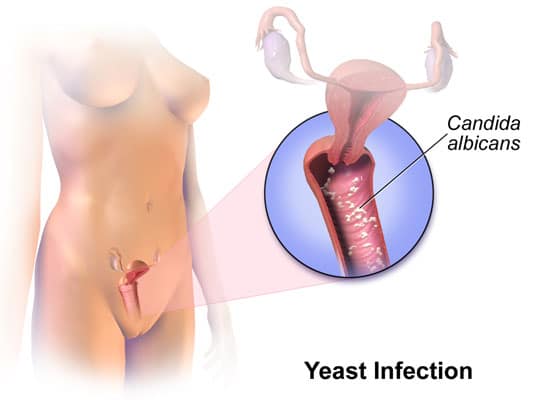Irregular periods, or menstrual irregularities, can be caused by a variety of factors. These irregularities may manifest as changes in the length of your menstrual cycle, the amount of bleeding, or the timing of your periods. Common causes of irregular periods include:
- Hormonal Imbalances: Hormonal fluctuations, especially in the levels of estrogen and progesterone, can lead to irregular periods. Conditions such as polycystic ovary syndrome (PCOS), thyroid disorders, and disorders of the pituitary or adrenal glands can disrupt hormonal balance.
- Stress: High levels of physical or emotional stress can affect the hypothalamus-pituitary-ovarian axis, leading to irregular menstrual cycles. Chronic stress may result in missed or delayed periods.
- Diet and Weight Changes: Significant weight loss, weight gain, or changes in dietary habits can impact the menstrual cycle. Low body weight or excessive exercise may lead to amenorrhea (absence of periods), while obesity can cause irregular periods.
- Medical Conditions: Certain medical conditions, such as uterine fibroids, endometriosis, and pelvic inflammatory disease (PID), can cause irregular bleeding and painful periods.
- Medications: Some medications, including hormonal contraceptives, anticoagulants, and certain antipsychotics, may affect menstrual regularity as a side effect.
- Breastfeeding and Postpartum: After giving birth, many women experience irregular periods, especially if they are breastfeeding. It can take time for the menstrual cycle to return to normal.
- Perimenopause: As women approach menopause, usually in their 40s or 50s, hormonal fluctuations become more common, leading to irregular periods. Perimenopause is the transitional phase before menopause.
- Infections and Illness: Severe illnesses, such as infections and chronic conditions like diabetes, can disrupt the menstrual cycle.
- Medications: Some medications, including hormonal contraceptives, anticoagulants, and certain antipsychotics, may affect menstrual regularity as a side effect.
- Excessive Exercise: Intense and excessive exercise, especially in athletes, can lead to amenorrhea or irregular periods due to changes in body fat percentage and hormonal balance.
- Birth Control Methods: Some birth control methods, such as intrauterine devices (IUDs) or certain hormonal contraceptives, may initially cause irregular bleeding or a lack of periods.
It’s important to note that while occasional irregularities in the menstrual cycle are common and often not a cause for concern, persistent irregular periods, especially when accompanied by other symptoms like severe pain, heavy bleeding, or changes in bleeding patterns, should be evaluated by a healthcare provider. Identifying and addressing the underlying cause can help manage and treat irregular periods effectively.
Book your appointment with Dr. Arohi, your trusted Gynecologist in Ghodbunder Road, Thane. Your health is our priority. Contact us today!



